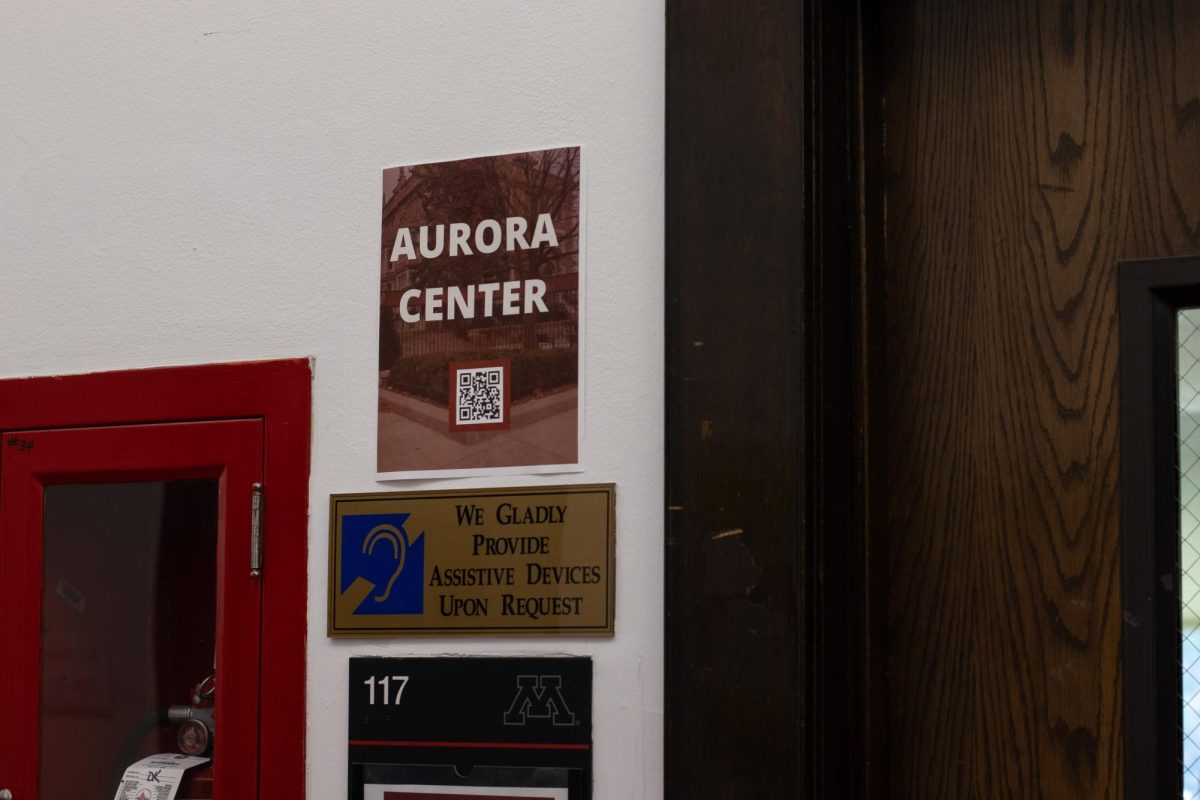Over the last several months, marriage has been in the news and has made its way to the Minnesota and national political agendas. In his Jan. 20 State of the Union address, President George W. Bush said, “Our nation must defend the sanctity of marriage.”
Although recently married myself, the true import of marriage as “one of the most fundamental, enduring institutions of our civilization” never revealed itself to me until I walked down the aisle. The idea of pledging one’s entire life to another person in a legal and spiritual contract is a solemn undertaking many of us might take for granted, especially if we are not married.
I agree with the president on this one although I feel the language is muted. The “sanctity of marriage” has already been severely denigrated – possibly beyond redemption. When one of our most sacred institutions is crumbling, talking softly is ineffective and inappropriate. Marriage, as Americans have known it for centuries, is on the verge of extinction.
According to the 2000 census, divorce rates in this country continue to hover around 20 percent for all men over 15 and 22 percent for all women over 15. Most divorced men and women are remarried. According to holy writ, this is adultery (Mark 10:10-12).
The Law of Moses called for women who committed adultery against their husbands to be put to death by stoning. If literal, biblical interpretation is going to be a guiding force in our public leaders’ decision-making processes; if “sanctity” is a concept used on the most public of stages by our most public figure; if “marriage is a privilege, not a right” as Gov. Tim Pawlenty indicates; then eliminating divorce is the first step to preserving the rite of marriage for privileged couples allowed to partake in it.
Raw numbers suggest divorce is the primary threat to American marriages. We have a mechanism for ending marriage in this country operating with guillotine efficiency, and the heads falling in the baskets are those of millions of children and adults affected by the quick ‘n’ easy divorce process. But there are some solutions.
Imposing heavy fees for divorce certificates is one option; imprisonment of a cheating partner is another (and the Mosaic Law could be followed to the letter in Minnesota if the death penalty is reinstated). If we wish to avoid purely punitive measures, public resources could be devoted to mandatory premarital counseling and allowing committed same-sex couples to wed could help restore the sanctity of marriage.
This last option might sound absurd to a society thoroughly enmeshed in male-female unions, but just because something has been done a certain way for a long time is not sufficient justification to keep doing it.
If the Christian Bible serves at times as the moral compass for our leaders’ policy direction, it might not be wholly inappropriate for common folk like us to use it when trying to solve as miasmic a problem as sustainable marital commitments.
There are more verses in the Bible related to single topics such as divorce, idolatry, pride, priestly conduct, dietary regulation, lying and the love of money than there are collective verses related to homosexuality, prostitution, abortion, drug use and profanity. So based on the attention given to various issues by God’s stewards, it is more appropriate for a homosexual couple to wed than for a lying or wealthy couple to do so.
Gay marriage is not a threat to the institution of marriage as long as drive-thru chapels turn a profit in Las Vegas or Elizabeth Taylor (eight marriages) and Michael Jackson (two marriages) can stand in as a maid of honor and best man, respectively, for nuptial fiascos such as the David Gest (one marriage) and Liza Minnelli (four marriages) ceremony.
Curbing the marriage rates of the very groups who have brought us to the brink of wedded oblivion makes more sense than not allowing same-sex couples, who haven’t even had a chance to see if they can make their marriages work.
For me, though, marriage is a sacred proposition between two people who not only feel love for each other, but also have decided to still love each other even when it is not the path of least resistance. The sanctity of marriage lies in these choices: to love each other even when you don’t like each other and to stay together even when the only thing preventing separation is the simple decision not to separate.
If more pairs of adults were willing to make those promises to each other and abide by them, the president, the governor and all the other 21st century Pharisees can rest assured that the true sanctity of marriage is not only being defended – it is being secured.
Aaron North welcomes comments at anorth@mndaily.com







